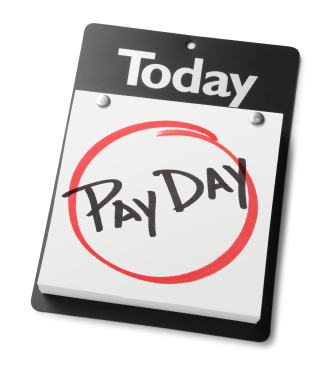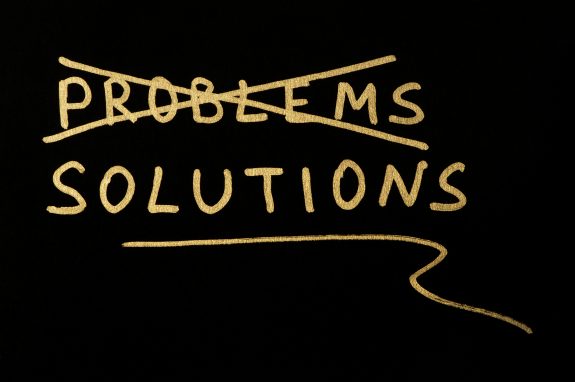
In California, if there’s a judgment against you the creditor will have several options to try to collect and can pursue one or more of these options simultaneously. The most common are a writ of attachment which allows the creditor to take money directly from a bank account and a wage garnishment which requires an employer to take money directly out of your paycheck. In this post, I will discuss a wage garnishment.
In California, the maximum amount that can be garnished (taken) from a judgment debtor’s wages depends on various factors, including the type of debt. California law provides specific limitations to protect you from excessive garnishment(s). Let’s explore the key aspects of wage garnishment in California.
Types of Debts:
- Consumer Debts: This category includes debts arising from credit cards, personal loans, medical bills, and other similar obligations.
- Child or Spousal Support: Debts related to court-ordered child or spousal support are given higher priority and can result in higher garnishment amounts.
- Taxes and Student Loans: Government debts, such as unpaid state of federal taxes can also be subject to wage garnishment. In fact, the State of California aggressively pursues wage garnishment to collect unpaid taxes.
Maximum Garnishment Amount:
- Federal Law Limit: The Consumer Credit Protection Act (CCPA), a federal law, sets limits on the amount of earnings that can be garnished. As of my knowledge cutoff in September 2021, the maximum amount is generally 25% of disposable earnings or the amount by which disposable earnings exceed 30 times the federal minimum wage, whichever is lower.
- California State Law: While federal law sets a baseline, California law provides additional protection for debtors. In California, the maximum amount that can be garnished for most consumer debts is 25% of disposable income, but various exemptions and calculations come into play.
Calculation of Disposable Income:
- Definition: Disposable income refers to the amount left after legally required deductions, such as taxes and Social Security, have been subtracted from an individual’s earnings. Note: this does not consider typical living expenses such as rent, food or transportation expenses.
- Calculation: The garnishment amount is based on disposable income, which is determined by subtracting statutorily required deductions from the individual’s gross income. California law provides guidelines on how to calculate disposable income based on various factors.
Exemptions and Protections:
- Claim of Exemption: this is a written form that’s provided with the wage garnishment papers. If you complete this form a judge will review your case to determine if the contemplated garnishment should be limited to less than the amount discussed above or denied completely based on financial hardship.
- Low-Income Exemption: If your income is below a certain threshold your employer will be required to not garnish.
- Exemptions and protections delay payment based on your financial circumstances but the judgment will continue to accrue interest until paid if full.
Prioritization of Debts:
- California law assigns priority to certain types of debts. For example, child support and spousal support obligations typically take precedence over consumer debts.
- Multiple Garnishments: If a debtor has multiple garnishments, California law outlines the order in which they should be satisfied, ensuring that obligations such as child support receive priority.
It is important to note that specific circumstances can vary. One interesting source of review is the guidance provided to employers by the State of California, see below.
At the Law Office of Michael Primus, we have helped hundreds of clients get out of debt, stop wage garnishments, and start fresh through bankruptcy. If you live in northern California and have debt problems, contact us for a free consultation. Offices in Walnut Creek, Antioch and Hercules.
Resources
www.selfhelp.courts.ca.gov/guide-earnings-withholding-orders-employers#First-step




